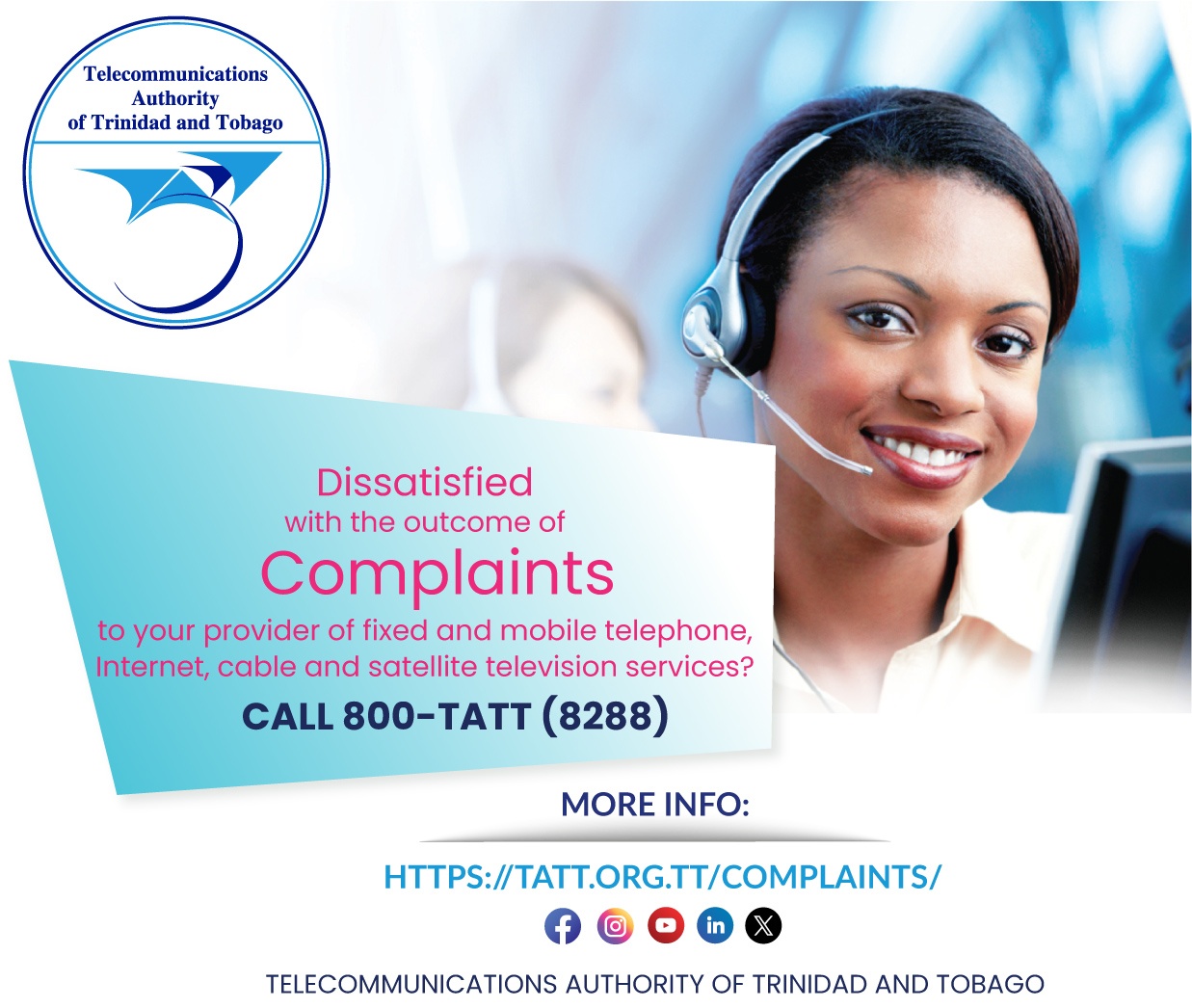THERE are several cases of the Chickenpox virus at the Five Rivers Secondary School.
This was confirmed by the Ministry of Health in a press release on Wednesday.
It stated that the office of the County Medical Officer of Health (CMOH) was alerted by the principal of the school of this occurrence.
The release added that this was consistent with the long-standing protocols for the reporting of infectious diseases to the Ministry of Health.
It stated, “The CMOH in collaboration with the school’s principal and other key officials, have taken the necessary public health measures which include closure and sanitisation of the affected classrooms, as well as training of the parent teacher association at the school.
“This training included but was not limited to, the provision of information relating to the clinical signs and symptoms as well as preventative measures for the Chickenpox virus.
“The public is informed that while Chickenpox is endemic to Trinidad and Tobago and the wider Caribbean region, there may be the likelihood of an increase in the number of cases occasionally.
“These increases occur particularly within high-risk areas such as schools, prisons, homes for the elderly and children.”
The Chickenpox virus usually begins with flu-like symptoms including:
- Fever
- Cough
- Runny nose
- Headache and sore throat
- Feeling sick, tired and sluggish
Within a few days, red swollen spots or bumps may appear. The bumps can spread over the whole body, even inside the mouth, eyelids or genital area, and turn into pimple-like blisters filled with clear or cloudy fluid. The blisters can break open, often leaking fluid.
The ministry advises of good hygiene practices:
- Washing hands regularly with soap and water. If soap and water are not available, use alcohol-based hand sanitisers (containing at least 70% alcohol).
- Regular cleaning and sanitising of high touched surfaces (e.g. door knobs, countertops, desks).
- Avoid sharing personal items like utensils, water bottles, towels and wash rags with others,
- Avoid touching your face and eyes,
- Avoiding close contact with persons who display symptoms of infectious viruses
The Ministry of Health via its County Medical Officer of Health will continue to collaborate with officials from the Ministry of Education on this matter. As such, the Ministry will continue to provide updates to the public as necessary.
![]()












